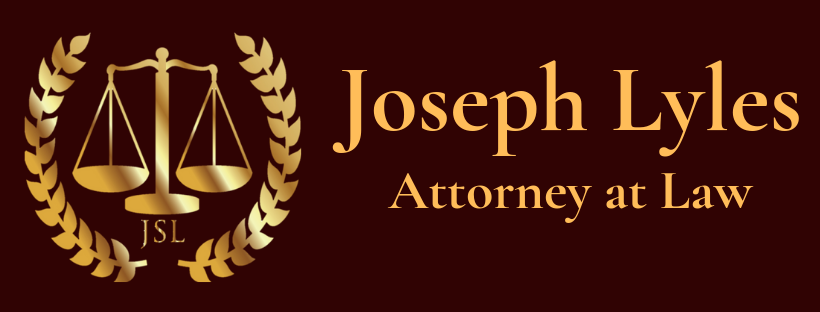Lesson 47: Thy Will be Done
From the Death and Taxes section of How You Can Avoid Legal Land Mines by Joseph S. Lyles (2003).
People are often confused about what a Will is and what it can do. A person’s Last Will and Testament is of little use until he or she dies. While the maker of the Will is alive, the Will has no effect on their property or children. Likewise, heirs and beneficiaries named in a Will have absolutely no rights to the property prior to the dead of the maker of the Will. Don’t mistake the qualities of Wills for those of Deeds, which are documents that pass ownership of real estate from one living person to another living person. Likewise, don’t confuse a Will and a Power of Attorney, which is a document that gives one living person the power and authority to handle another living person’s affairs. A Will simply expresses how you want your property disposed of after your death.
A Will cannot give custody of a child or an incompetent adult to another person. You can express guidance for a court on that issue in your Will, but the judge is still obligated to make a custody decision that is in the best interest of the child or incompetent adult.
A Will basically sets forth your desires for the disposal of your property once you die. While a Will cannot control the disposition of assets forever, it an severely restrict that disposition for many years. Courts don’t generally want a deceased person’s wishes to control people or their use of property for too long a period and, thus, tend to interpret Wills so that the control of property is finite. But exactly how long you can control the course of property use and ownership into the future is impossible to say.
If you are determined to extend your control over property for long after you have died, then you will need the help of a sharp attorney who is a specialist in trusts and estates.
Attorneys discourage people from attempting to control the disposition of real estate for long periods of time after their deaths because such legal arrangements, whether made in a Will or Trust, can lead to unexpected negative tax consequences. Also, such arrangements can make it impossible for real estate to be sold or developed, resulting in it sitting idle for many years. Almost every town in South Carolina has one or more houses that were tied up by the language in a Will and are abandoned eyesores. Heirs often don’t have the funds or inclination to maintain old houses while they wait for their ancestor’s restrictions to expire. Consequently, the houses sit and decay.
The Lesson: To make sure you accomplish your goals for your assets, including property, you need to understand clearly what a Will can and cannot do. If you have substantial assets, you also need to consult a competent attorney who specializes in trusts, estates, and taxes.
